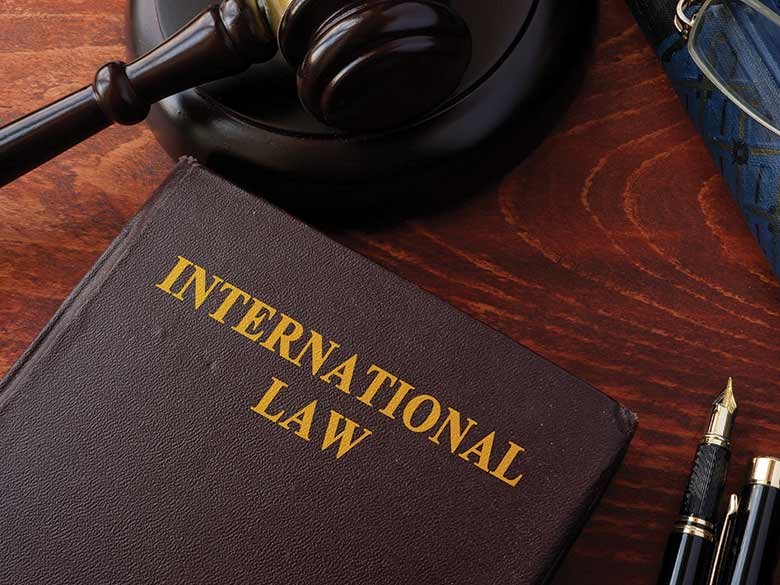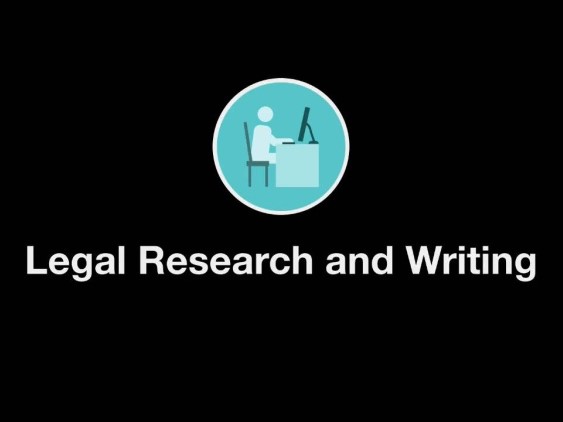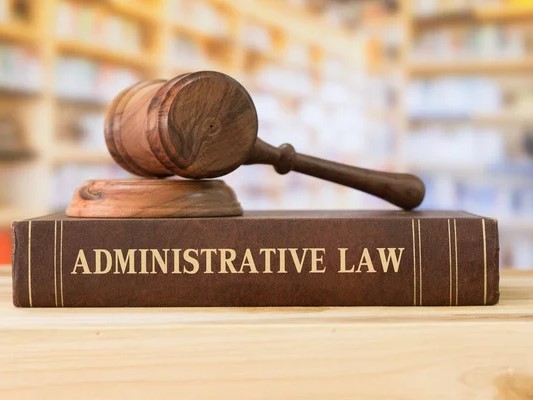Description
This course provides a comprehensive introduction to the foundational principles, institutions, and frameworks of international law and treaties. It begins by exploring the history and evolution of international law, tracing its development from early customary practices to modern codified rules. Learners will gain insight into the sources of international law, including conventions, customary law, general principles, judicial decisions, and scholarly writings. The course then delves into the process of treaty-making—how states negotiate, draft, sign, ratify, and implement international treaties. Case studies are used to illustrate landmark agreements such as the Geneva Conventions, the UN Charter, and the Paris Agreement. Students will also explore how international organizations such as the United Nations, International Court of Justice, and World Trade Organization function to uphold global legal standards. Additional focus is placed on the enforcement mechanisms of international law, the limitations of state sovereignty, and the role of diplomacy in resolving disputes. Contemporary challenges such as climate change agreements, human rights enforcement, and transnational conflicts are also discussed. By the end of the course, students will be able to critically analyze international legal texts, understand treaty obligations, and apply legal reasoning to global issues. This course is ideal for aspiring diplomats, international lawyers, policy makers, and students seeking a solid grounding in international relations and global governance.






Jonathan –
As someone working in public policy, this course helped me understand the legal frameworks behind global agreements. The course content was rich and interactive, making it easier to retain the information.
Cynthia –
Taking this course helped me confirm my interest in pursuing international law. The modules on treaty negotiations and enforcement were fascinating, and I appreciated the case studies.
Babangida –
This course gave me a solid foundation in international law, which was crucial for my thesis research. The explanations of treaty law and dispute mechanisms were incredibly clear and well-structured.
Luba –
Understanding treaties and international legal norms is essential in my line of work. This course provided clarity on topics like customary international law and the role of the UN. It’s both academically rigorous and practically applicable.
Awawu –
I was preparing for a competitive international relations exam and this course was a goldmine. The balance of theory and real-world examples made it easy to grasp complex legal concepts.